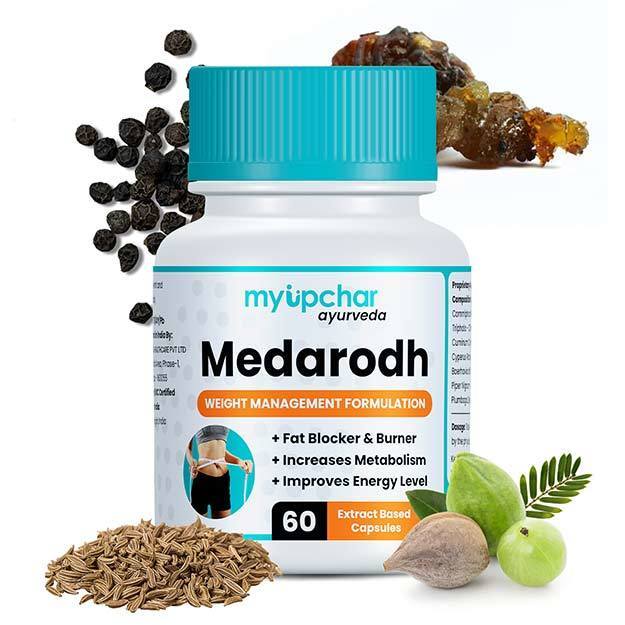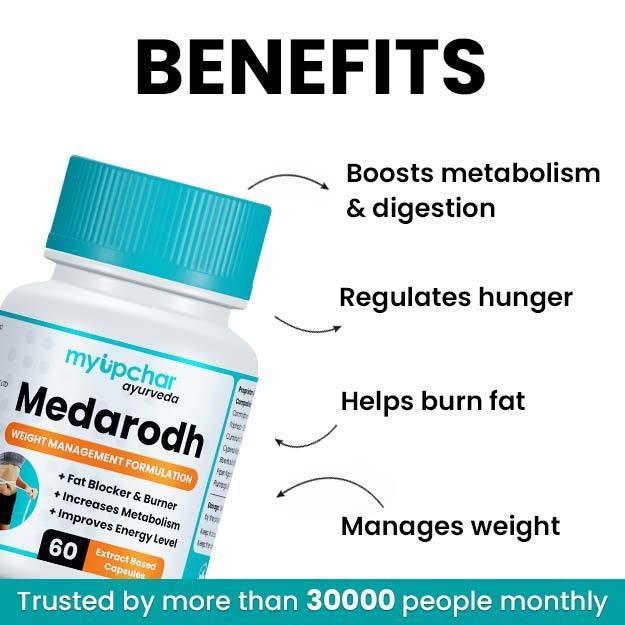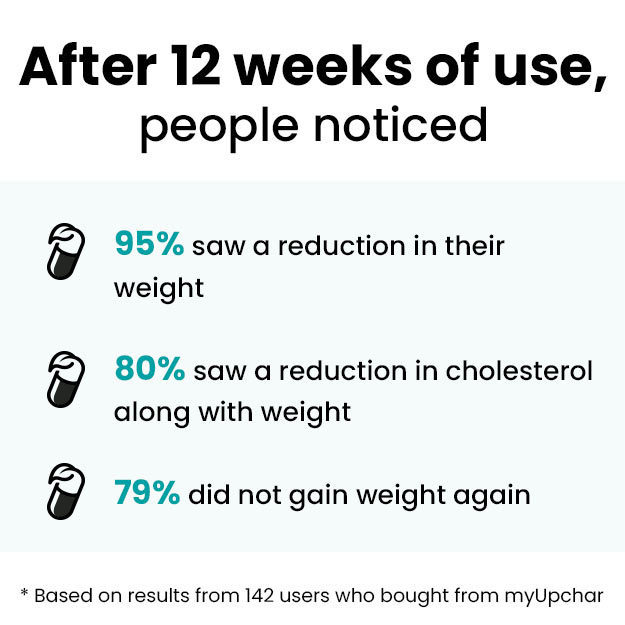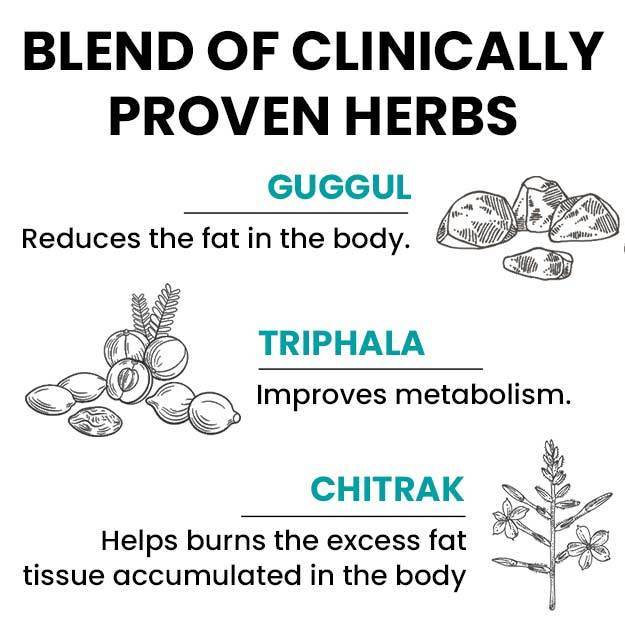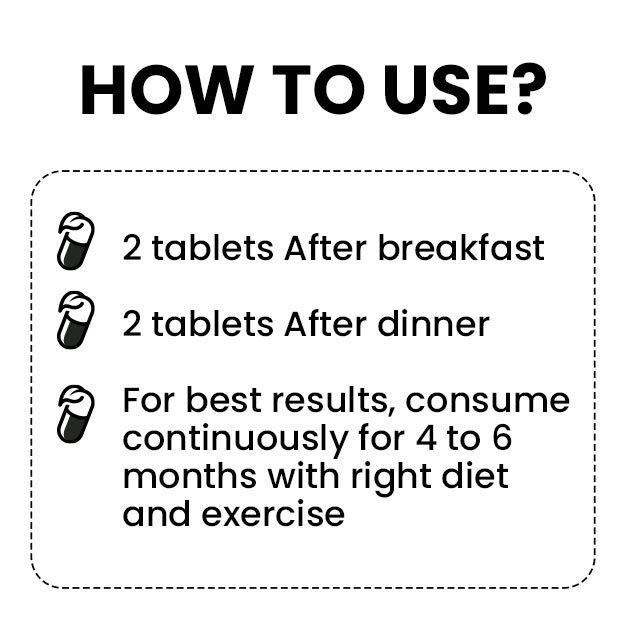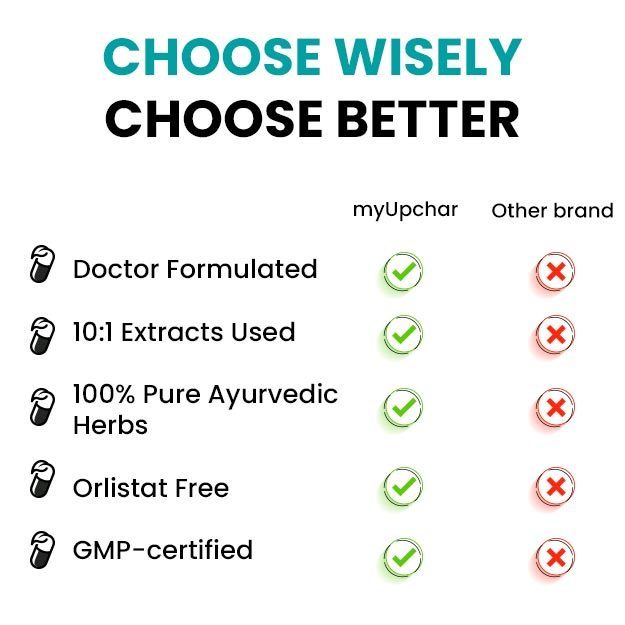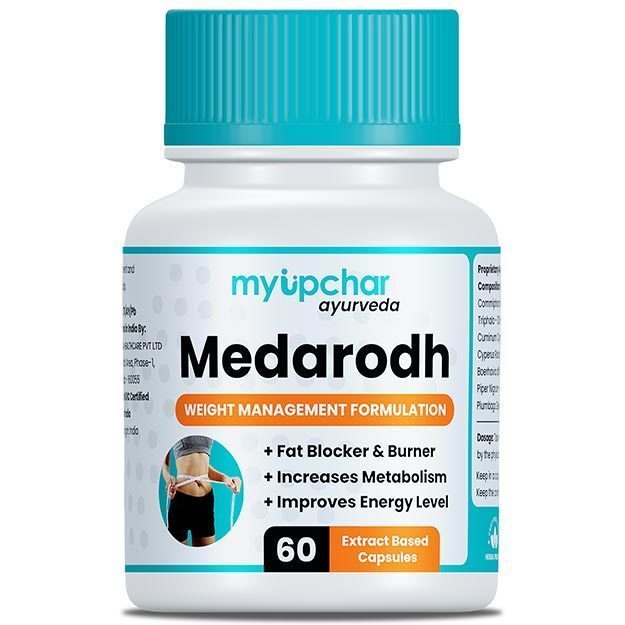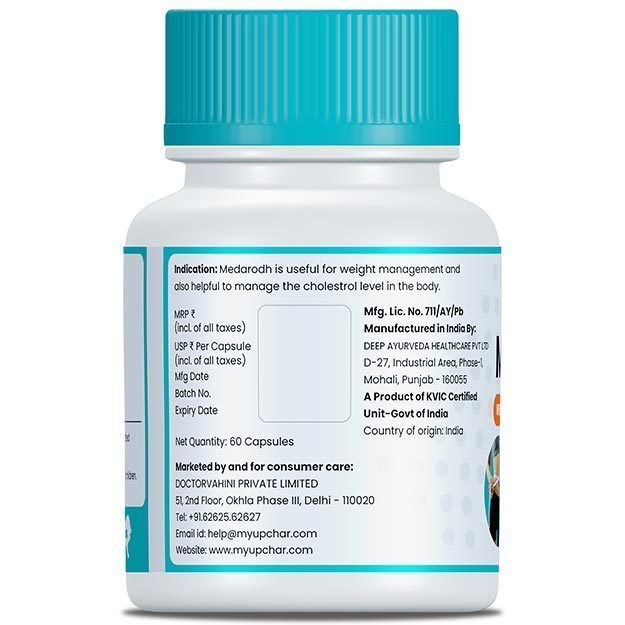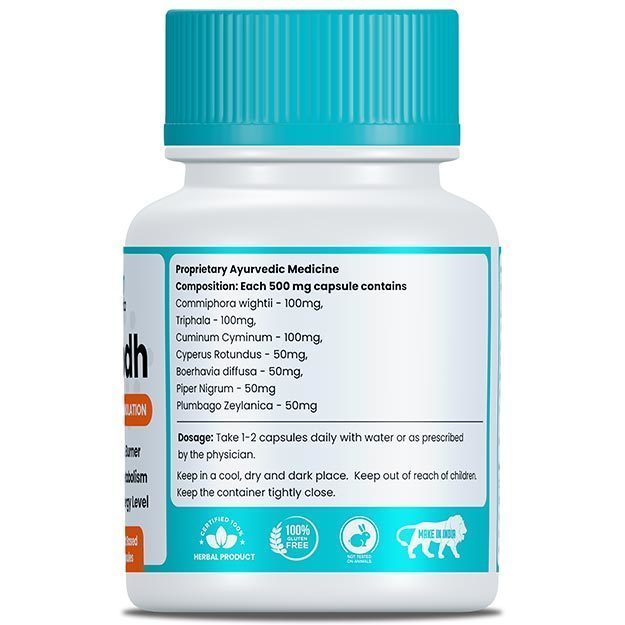What is Total Triiodothyronine (TT3) test?
T3 is a hormone secreted by the thyroid gland - a butterfly-shaped gland present in your throat. It affects all the major processes in the body like temperature, growth and development, heart rate and metabolism.
Most T3 is synthesised in various body tissues from thyroxine (T4), which is the main hormone produced by the thyroid gland. Only some T3 is directly made by the thyroid gland. T3 is present in the blood in two forms:
- Bound T3: About 99.7% of T3 hormone is bound to proteins (e.g. thyroxine-binding globulin or TBG) in the blood that carry them throughout the body.
- Free T3: The remaining unbound T3 hormone circulates freely.
This test measures the levels of total triiodothyronine (T3) hormone in the blood - both bound and total. It is mainly performed to assess thyroid function and diagnose thyroid problems, mainly hyperthyroidism that is marked by excess production of thyroid hormones in the body.
Some other names for the total T3 test are T3 test, Thyroid function test, Triiodothyronine test, Toxic nodular goitre - T3, Thyrotoxicosis - T3, T3 radioimmunoassay, Thyroiditis - T3, Graves disease - T3.
(Read more: Free T3 test)





